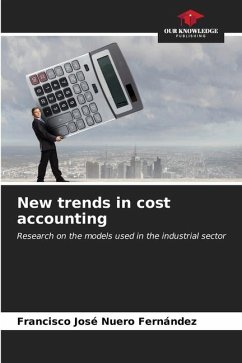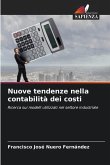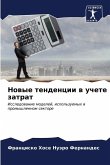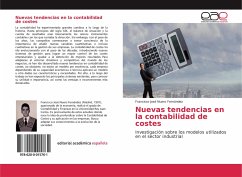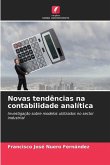Accounting has undergone major changes throughout history. Until the early 19th century, the balance sheet and income statement were basically the only accounting tools available to management. However, over the years, companies began to become aware of the importance of adding new quantitative and even qualitative variables to the management of their companies. Cost accounting has evolved over the decades, introducing new management systems to achieve greater control of business costs and help achieve better results. To adapt to the dynamic and competitive environment of the business world, new trends in cost accounting have been developed; however, there is no model par excellence, each company, depending on its economic or technical capacity, will apply one model or another given its characteristics and needs. For this reason, the main existing systems have been presented throughout the work, in order to know their usefulness and importance, as well as the most important advantages and disadvantages.

